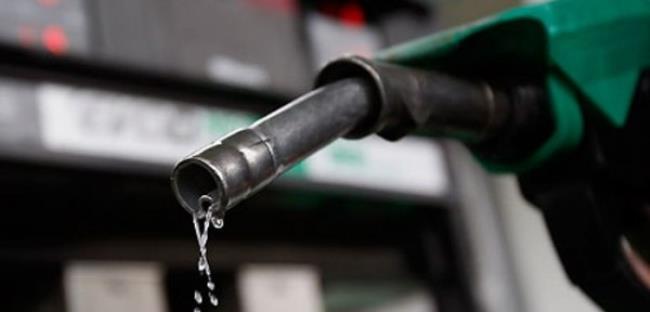The Nigerian National Petroleum Corporation, NNPC has dispelled the rumour making the rounds that it is planning to increase the pump prices of petroleum products this Easter. According to the corporation, the pump price of petrol remains one hundred and forty-five naira per litre, while the prices of Dual Purpose Kerosene (DPK) and Automotive Gas Oil (AGO) are determined by Market forces because the products are deregulated.
The Group General Manager, Public Affairs Division of NNPC, Mr. Ndu Ughammadu (MFR), who gave the assurance in Abuja, said that NNPC is not contemplating increasing the pump price of petrol, adding that it has enough stock of petroleum products and warned the public against panic buying and storing fuel in residential buildings in view of the consequences.
Listing the depots that have adequate petroleum products stock, Mr. Ughammadu stated that twenty-three NNPC depots in Lagos, seven in Port Harcourt, eleven in Warri, six in Calabar and eight in Kaduna are fully stocked with petrol.
He explained that two vessels of fifty million litres of Premium Motor Spirit (PMS), otherwise known as petrol, have started arriving the shores of Nigeria on daily basis, assuring Nigerians of an eventful Easter period, just as during the yuletide, even as it cautioned depot owners or terminal operators not to sell petrol above the official ex-depot price.
NNPC equally advised petroleum products Marketers not to sell the product above one hundred and forty-five naira per litre. It said that the subsisting ex-depot petrol price of one hundred and thirty-three naira, twenty-eight kobo per litre is consistent with the Petroleum Products Pricing Regulatory Agency’s template and must be adhered to. It advised Nigerians to remain vigilant and volunteer information to the Department of Petroleum Resources (DPR), the Industry regulator, or to any law enforcement agency around them, on any station which sells petrol beyond one hundred and forty-five naira per litre.
The Nigerian National Petroleum Corporation attributed constant fire outbreaks, especially in residential buildings during festivities such as Easter to the storage of Petroleum products, stressing that the Corporation has adequate stock to forestall scarcity of the products this Easter. It however, expressed disgust over the vandalization of its pipeline facilities and illegal hacking of petrol.
Communities hosting government facilities, especially those of the NNPC, should safeguard them from vandals. It is regrettable that during Christian festivals such as Christmas and Easter, some Christian marketers increase the pump prices of petroleum products or create artificial scarcity, thus creating hardship for motorists and commuters, while their Moslem counterparts sell the products at approved prices during Sallah festivals.
The Nigerian National Petroleum Corporation needs to be commended for ensuring seamless supply of petrol in the 2018 Christmas and it is expected that the same will apply to the forthcoming Easter. All downstream stakeholders, including Marketers and industrial unions, should cooperate with the NNPC to achieve zero-fuel scarcity this Easter period.
Happily, to achieve zero fuel scarcity, the Nigerian National Petroleum Corporation has commenced the revamping of its refineries with that of Port Harcourt, while that of Warri and Kaduna will witness such exercise for optimum performance. Revamping of refineries is not the same as turnaround or routine maintenance as it involves total overhauling of all the units in the Refinery.
On completion, the Portharcourt refinery will be able to produce ninety per cent of its initial capacity of two hundred and ten barrels of oil per day. Moreover, government should equally revamp the Nation’s pipeline infrastructure as it remains the most reliable means of transporting petroleum products. Government should also encourage the private sector to establish modular refineries.
It should implement programmes that will encourage the use of cleaner and cheaper sources of energy like Liquefied Petroleum Gas as alternative to kerosene as done in India. Nigeria should equally consider the use of solar energy for power and the use of hybrid vehicles.
Above all, there is an urgent need to improve National power supply in order to reduce consumption of petrol by generators, to boost production of goods and services, investment and employment. Government should, in addition, accelerate cheaper alternative for transporting projects such as Rail, which could also serve as cheaper alternative for transporting and distributing petroleum products.
Let us support the Nigerian National Petroleum Corporation in its effort to serve the country better. NNPC, touching your lives in many positive ways!









Comments are closed for this post.